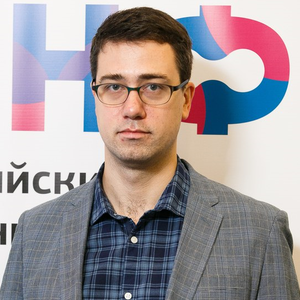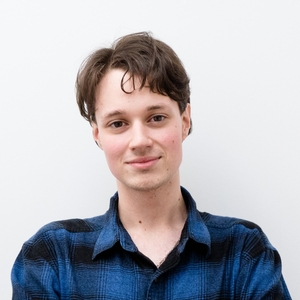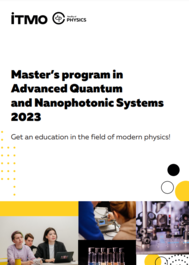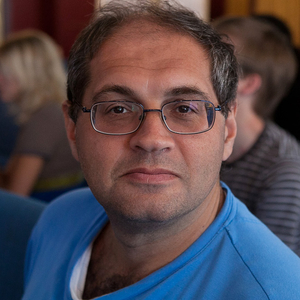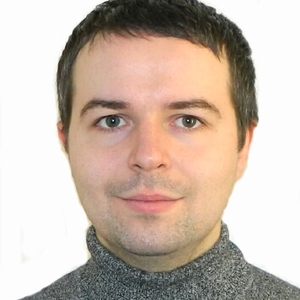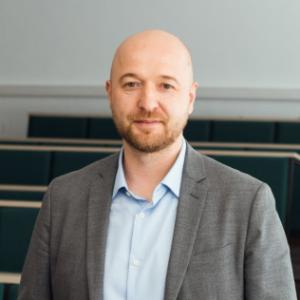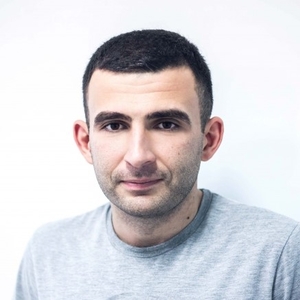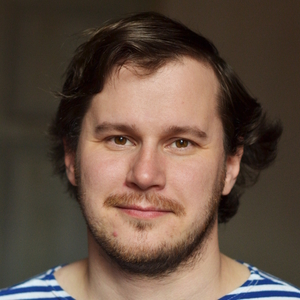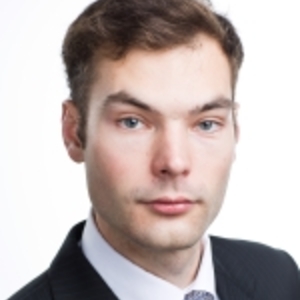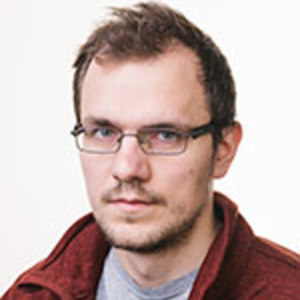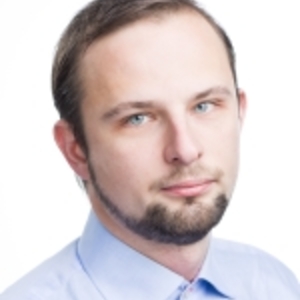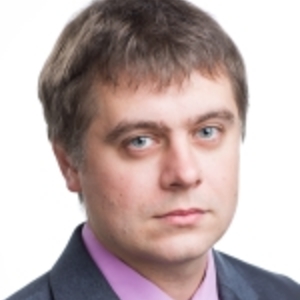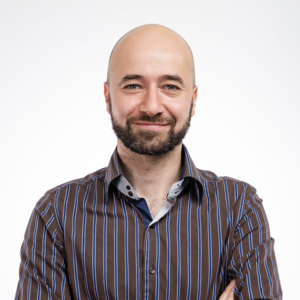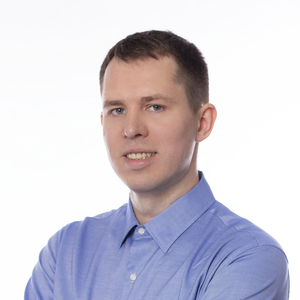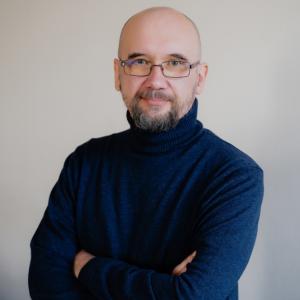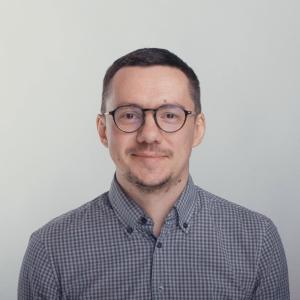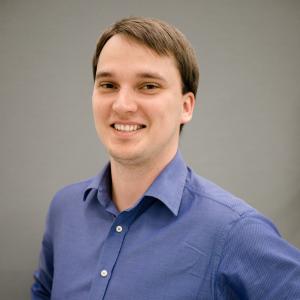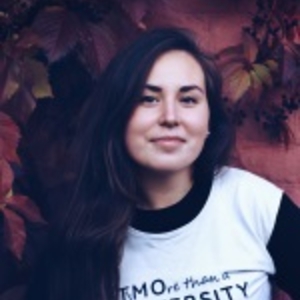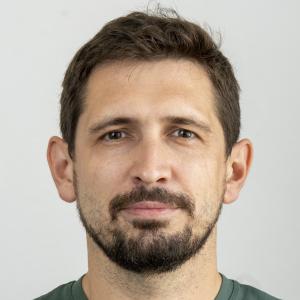- Home
- Master's programs
- Computer Modeling of quantum and nanophotonic systems
Master's program
Computational physics takes place at the intersection of several sciences: physics, mathematics, and information technology. Currently, a large part of research, both in fundamental and applied science, is performed with various calculations. To implement these calculations, researchers are needed with a basic education in physics and mathematics: experts who not only use ready-made software, but also can write their own programs. We educate such experts within the framework of the computational physics track. As a result, our graduates will be able to work not only in science, but also in industrial projects related to both applied physics and IT.
The track includes both specialized and general courses, which can be divided into physical, mathematical and programming ones. Students will study special methods of computational and applied mathematics and machine learning; the program covers such sections of computational physics as integration of dynamical systems, modeling of semiconductor and optical devices, and offers practice in software development. Students can also choose additional courses in physics and mathematics from other tracks. An essential feature of this course are specialized group projects, in which the students develop software, supervised by professional programmers.
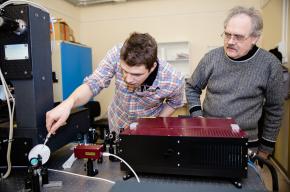
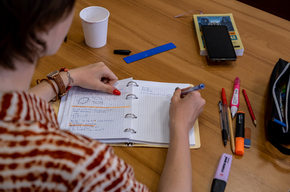
| 1st semester | 2nd semester | 3rd semester | 4th semester | 5th semester | 6th semester | 7th semester | 8th semester |
|---|
|
Primary (min. 2 курса в семестр) EN
|
|
|
Mathematical and Numerical Methods
|
|
|
Special
|
|
|
Scientific work and internship
|
|
General education module
|
|
.
|
.
|
.
|
.
|
.
|
.
|
.
|
.
|

